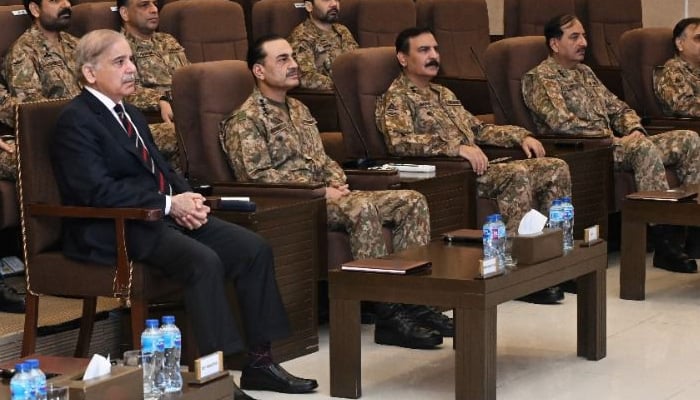The downing of Rafale jets — advanced French-made fighters once hailed as the crown jewel of Western military technology — during the India-Pakistan war marked a turning point in modern air combat. The victory was not just tactical but symbolic, delivering a blow to Western technological supremacy and bringing Pakistan’s air power into the global spotlight. Through precision, coordination, and superior doctrine, Pakistan’s defence forces demonstrated that they are not just participants but leaders in 21st-century warfare.
On September 17, the announcement of the Pakistan-Saudi Strategic Mutual Defence Agreement (SMDA) reinforced this trajectory, formalising a pact that cements Islamabad’s role as a guardian of regional stability. Pakistan’s armed forces have already built a reputation as a formidable power, with unmatched capabilities in air superiority and integrated defence systems. The SMDA now adds an institutional backbone to that reputation, ensuring collective security with the Kingdom.
The Israeli airstrike on Qatar further amplified Pakistan’s strategic importance, reminding the world that instability in the Gulf cannot be separated from Islamabad’s role as a decisive regional player. From shaping discussions at the Shangri-La Dialogue to setting the tone at the Arab-Islamic Extraordinary Summit, Pakistan has consistently proven its influence in both military and diplomatic domains.
At the heart of this prominence is Pakistan’s multi-domain defence strategy, coupled with its unmatched geographical position. Few nations combine nuclear deterrence, advanced air combat capabilities, and deep alliances across the Muslim world. Pakistan today stands as a model for countering sophisticated regional threats, offering not just military strength but a vision of security rooted in principle and resilience.

